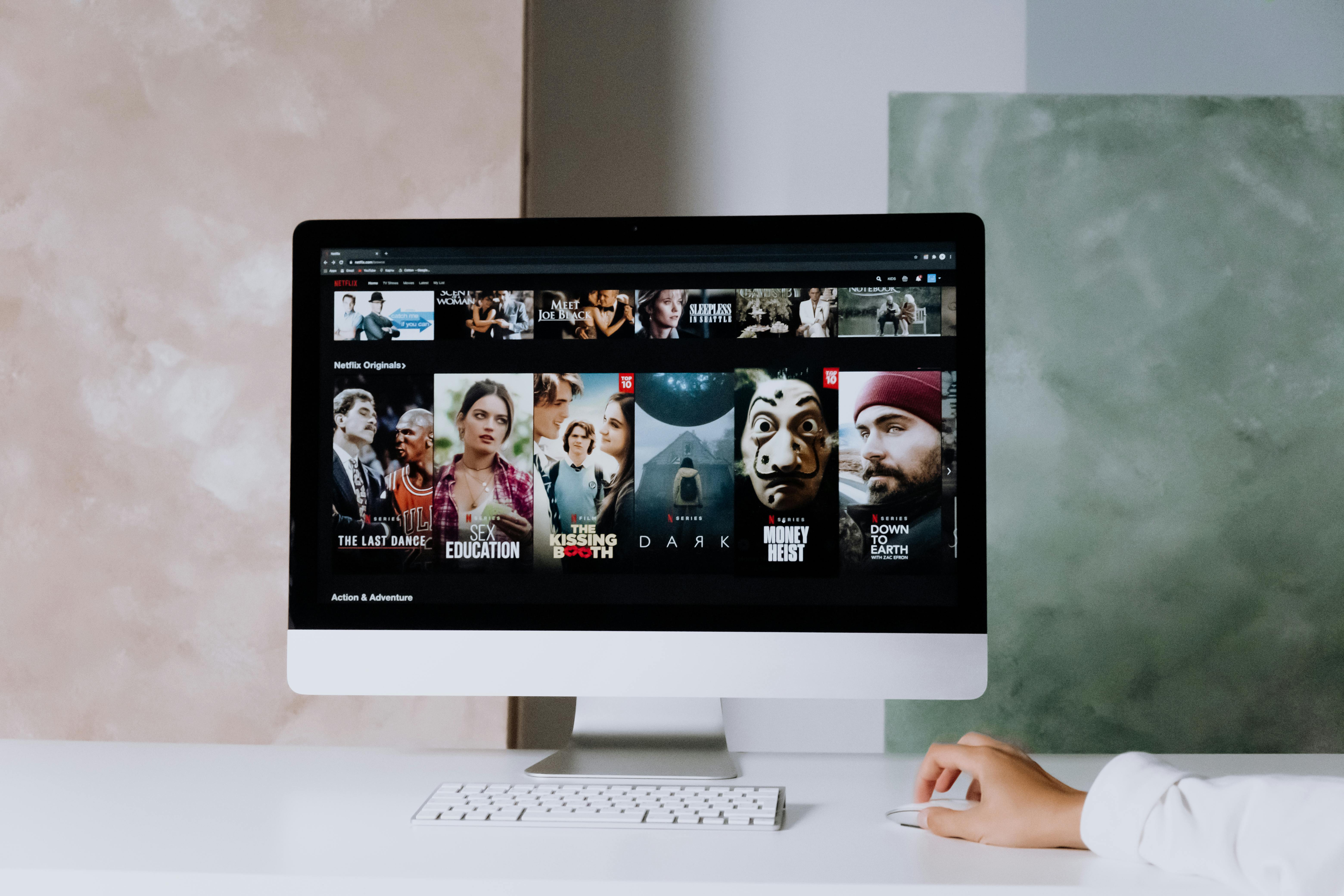Finding the right candidate for the role is probably one of the hardest things to do, especially now that a third of the global workforce is millennials, a generation that gets a lot of negative press and, by all accounts, not a group of employees you’d want in the workplace.
Words that are one with the group are titled, unfocused, narcissistic, lazy, selfish, among a host of other words with negative connotations.
But what has such an authoritative (enter other negative words here) generation cultivated? Or what has caused such a reaction against them?
In a popular viral video, motivational speaker and marketing consultant Simon Sinek gives four reasons why this happened and ties it to why it’s now causing problems in the workplace. He attributes it to FATHERHOOD.
Sinek claims that millennials have been subjected to failed parenting strategies, stemming from being coddled in scenarios where children have received participation medals when they placed last, or received straight A’s in school for work due to a parent’s persistence. This then causes a problem in the workplace as the parents are not there to secure a promotion for their son.
TECHNOLOGY
Technology is a problem for millennials according to Sinek due to participation in social networks. He says millennials constantly interact with social media because it’s an addiction: when a person gets a like for a status, picture, etc., or receives a message, the brain’s hypothalamus releases dopamine, the same chemical that’s released when someone smokes, drinks, or gambles. Sinek says technology is being used to deal with stress, just like an alcoholic would be dependent on alcohol, and has prevented millennials from developing meaningful relationships as they will turn to technology instead of a friend.
IMPATIENCE
Sinek also claims that millennials are impatient – this is due to instant gratification due to the ability to buy something immediately on websites like Amazon or watch a movie instantly through channels like Netflix. Sinek says this instant gratification has followed millennials into the workplace, making them expect their work to make an immediate impact, leading to immediate promotion. When this hasn’t happened, the millennial will leave the workplace, which has resulted in a job-hopping culture.
ATMOSPHERE
Sinek concludes by stating that issues around parenting, technology, and impatience have been sustained as a result of the millennial environment. The corporate environment has not helped millennials, as there is a greater focus on numbers than people; therefore, they have not developed the necessary skills to give them the fulfillment of working for something, which is why Sinek says the generation needs to be helped in the business environment.
But who are the millennial generation behind the accusations? Much confusion has arisen over the definition of this generation, as societal changes and disruptions mean that history cannot be pinned down in clear labels. In fact, the only officially designated generation according to the US Census Bureau are baby boomers, as the beginning of this generation was a clear event: the aftermath of World War II. It’s only recently that Pew Research has ‘defined’ millennials as those people born between 1981 and 1996 because they were shaped by events like 9/11 (although different sources claim that millennials may be born from 1980 to 2000).
Confusion about generation also occurs, erroneously, because people attribute these generational characteristics to those who are simply young adults but, at the time of writing, the oldest of the generation is 36 years old.
All of that said, there’s no question that influences like technology play a bigger role in the lives of millennials than baby boomers, and this, of course, shapes a person (though perhaps not everyone born between January 1, 1981, and December 31, 1996). Sinek’s article also makes a valid point about the use of technology and how there is less face-to-face communication and how it can lead to impatience.
So does this mean that when hiring millennials, you should avoid or provide a special environment as Sinek suggests? Maybe not, but there are common sense practices that can be implemented and are encouraged at Benchmark International that any employee would appreciate.
BE A LEADER, NOT A MANAGER
This is important from Sinek’s perspective, as millennials have grown accustomed to constant feedback and want to be coached and coached. On the other hand, millennials are, like the youngest members of the office, the most inexperienced team members, so they will need coaching, just like any inexperienced staff member would. Either way, an employee can be empowered with training, leading to decision making in the workplace.
USE THE SKILL SET OF AN EMPLOYEE
Since technology plays such an important role in today’s world, it should not be seen as a problem, but as a solution. If a millennial (or any employee) is familiar with e-literacy, this can be used, especially in an increasingly globalized world, as it helps employees on a business trip stay connected, or even facilitates communication with international offices.
RACE SAFETY OFFER
Yes, millennials have been accused of switching jobs too often, but it turns out this could be down to age, as the older generation, Generation X, was shown to switch jobs just as much at a similar age. Although, this could be avoided if it is shown that staying with a company leads to career progression, in the sense of promotion or building a portfolio of skills and experience, instilling a sense of loyalty in the employee.
BE FLEXIBLE
People are increasingly looking for a job that is flexible and may be looking outside of the 9-5 Monday to Friday office regime. Use advances in technology to enable this by allowing employees to work outside of the traditional office environment.
ENCOURAGES IDEAS AND A POSITIVE ATTITUDE
According to Sinek, millennials have a mantra that they can do anything because their parents told them they could. For inspiration in the workplace, encourage this mantra as it has the potential to lead to the provision of good input and ideas.
In short, the stereotype of the millennial generation cannot be followed to the letter, since, despite the limits, albeit imprecise, set by Pew Research, the goal of such bodies is to see how coming of age during certain historical events and technological changes influences people, not to make sweeping generalizations as Sinek has, especially since these negative perpetuations of millennials would make an uncomfortable watch if it were about culture, race, or gender. However, the points above regarding workplace practices are worth paying attention to to help promote a happy workplace, millennial or not.



